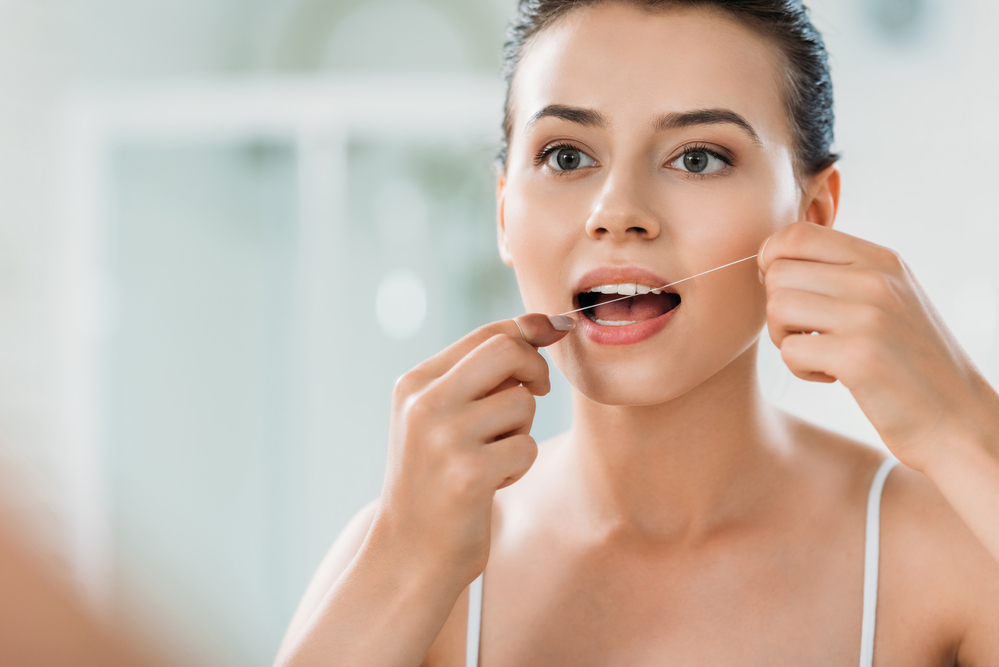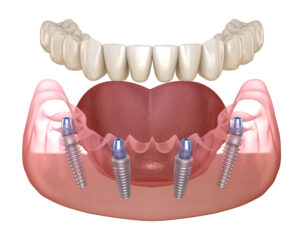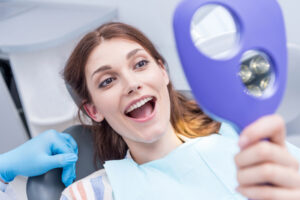
Introduction:
Maintaining optimal oral health is not merely about having a dazzling smile; it’s about ensuring the overall well-being of your body. From childhood to adulthood, a consistent and effective dental care routine is essential for preventing various oral health issues and preserving your pearly whites. In this guide, we’ll explore the key components of maintaining lifelong oral health, emphasizing the importance of preventive care in adults.
The Foundation:
The cornerstone of good oral health lies in daily oral hygiene habits. Brushing your teeth twice a day with fluoride toothpaste is fundamental in preventing cavities and gum disease. It’s crucial to use proper brushing techniques, ensuring that all surfaces of your teeth are cleaned thoroughly. Additionally, don’t forget to clean your tongue and gums to remove bacteria and freshen your breath.
Equally important as brushing is flossing. Flossing reaches the areas between your teeth where a toothbrush can’t reach, removing plaque and food particles. Incorporating flossing into your daily routine helps prevent gum disease and tooth decay, promoting optimal oral health.
Regular Dental Check-ups:
While maintaining a diligent oral hygiene routine at home is vital, it’s equally important to visit your dentist regularly for check-ups and cleanings. Even with excellent oral care habits, plaque and tartar can still accumulate, leading to dental issues if left untreated. A dental professional can detect early signs of problems such as cavities, gum disease, and oral cancer, allowing for timely intervention and treatment.
Adults, in particular, should prioritize preventive dental care to address age-related oral health concerns effectively. As we age, our gums may recede, teeth may become more sensitive, and we may be at higher risk for certain oral health conditions. A good preventive dental care routine for adults includes regular dental check-ups at least twice a year, along with professional cleanings to maintain oral health and address any emerging issues promptly.
Dietary Considerations:
What you eat significantly impacts your oral health. A diet high in sugary and acidic foods increases the risk of tooth decay and erosion. Limiting the consumption of sugary snacks and beverages, and opting for healthier alternatives like fruits, vegetables, and dairy products, can help protect your teeth and gums. Additionally, drinking plenty of water helps wash away food particles and neutralize acids in the mouth, promoting a healthy environment for your teeth.
Avoiding Harmful Habits:
Certain habits can have detrimental effects on your oral health. Smoking and tobacco use, for instance, not only stain your teeth but also increase the risk of gum disease, tooth loss, and oral cancer. Quitting smoking and avoiding tobacco products are essential steps towards maintaining optimal oral health.
Similarly, excessive alcohol consumption can contribute to dry mouth, which can lead to tooth decay and gum disease. Moderation is key when it comes to alcohol consumption for the sake of your oral and overall health.
Protecting Your Teeth:
Participating in sports or recreational activities? Don’t forget to protect your teeth with a mouthguard. Mouthguards provide a cushion for your teeth and gums, reducing the risk of injuries such as chipped or knocked-out teeth. Whether you’re playing football or engaging in recreational activities like biking or skateboarding, wearing a mouthguard can help safeguard your smile.
Conclusion:
Optimal oral health is achievable with a combination of proper oral hygiene habits, regular dental check-ups, a healthy diet, and avoiding harmful habits. As adults, prioritizing preventive dental care is paramount in preserving our oral health as we age. By following a good preventive dental care routine for adults and making informed choices about our oral health, we can ensure a lifetime of healthy smiles and overall well-being. Remember, your smile is worth the effort!





